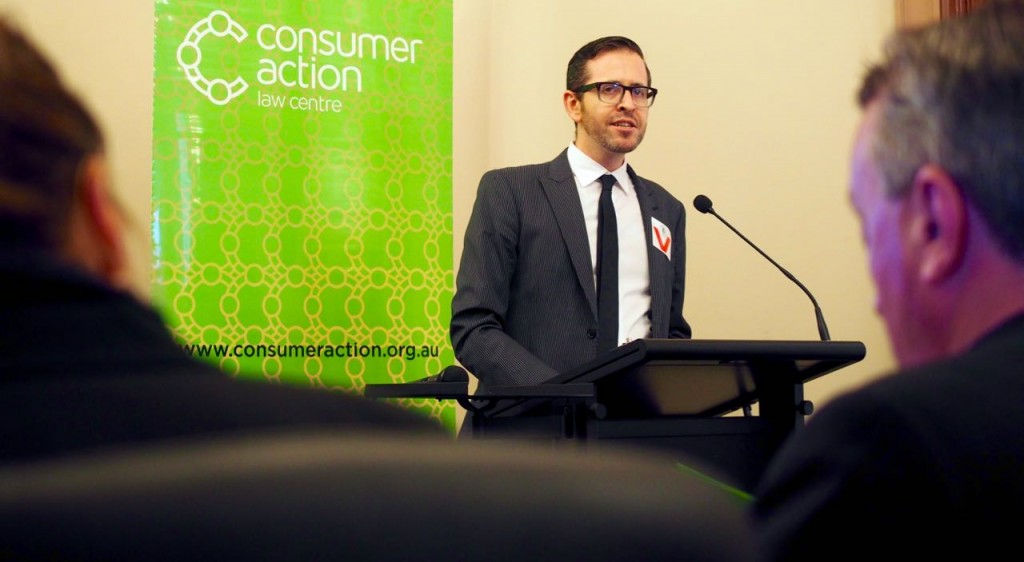COVID, scams and growing risks: Why we need consumer protections with teeth
Opinion piece by Gerard Brody, CEO Consumer Action.
If there is one thing that changed about our lives from COVID-19, it’s the dramatic shift to online communication and shopping. According to the Australia Post, 9.2 million Australian households shopped online in the 12 months to August 2021. While lockdowns ease, many will continue to rely on the convenience of online commerce.
What this means, though, is that consumers are shouldering more risks in their everyday interactions with business. And our consumer protection laws need reform to catch up.
A big area of risk with online commerce is the rise of scams and fraud. Australians reported a record $211 million in losses to scams so far this year according to the Australian Competition & Consumer Commission (ACCC), an 89 per cent increase compared to the same period last year. With most scams going unreported, these losses are just the tip of the iceberg.
Outside fraudulent activity, there are other risks too. Online businesses regularly require ‘take it or leave it’ privacy policies leaving our personal data at risk. There is little meaningful choice and important information is hidden in long online documents that barely anyone reads. Research from the Consumer Policy Research Centre (CPRC) found that 69 percent of people press ‘agree’ to website terms and conditions, despite making them uncomfortable.
A big problem is that advertisers can exploit us through ‘hyper-personalised’ advertising and marketing. While it may seem a good thing to be shown advertisements that are likely to interest you, these practices remove our autonomy in some frightening ways.
For example, high-cost lenders regularly sell personal information of loan applicants to third-party companies as ‘leads’, leading to further bombardment in marketing and over-indebtedness. More generally, online businesses are likely to only show us the information that accords with their financial interests, not complete information that enables us to make choices that accord with our needs.
Then there is the complex online supply chain between the consumer and any online business. It’s not transparent to us, but a web of interconnected advertising networks, trackers and profiling scripts regularly manipulate us. The ACCC has found that this area is rife with conflicts of interest and the big online companies, like Google and Facebook, hold and exploit market power.
The quality of after-sales service provided by online companies can leave a lot to be desired. CPRC research from 2020 found that 36% reported problems and complaints with an online marketplace (e.g., Amazon, eBay), and 30% with an Australian company retail website. It can be next to impossible to talk to anyone at these companies if something goes wrong.
This week, Ministers responsible for consumer affairs both Federal and State are meeting as part of their oversight of the Australian Consumer Law. An item on their agenda is the need for reform to prohibit unfair trade practices.
Existing laws on ‘unconscionable’ conduct are confusing and not adaptable to the online world. These prohibitions focus on the rogue, where conduct departs from normal business ‘morality’. But the problem now is that nearly all online businesses treat us with disdain, it’s not just a case of the ‘bad apple’.
The ACCC’s Rod Sims supports an unfair trading law and has called for business to get behind it. The law should prohibit business practices that have an unfair impact on consumers, such as reducing choice or autonomy, enabling fair competition in the marketplace.
An unfair trade practices law will embed safety, fairness and effective competition in the economic recovery. Without it, we risk putting the interests of big business ahead of everyday people.
ENDS
Mr Brody is available for interview, please call Mark Pearce to arrange for a time on 0413 299 567 or email mark@consumeraction.org.au


